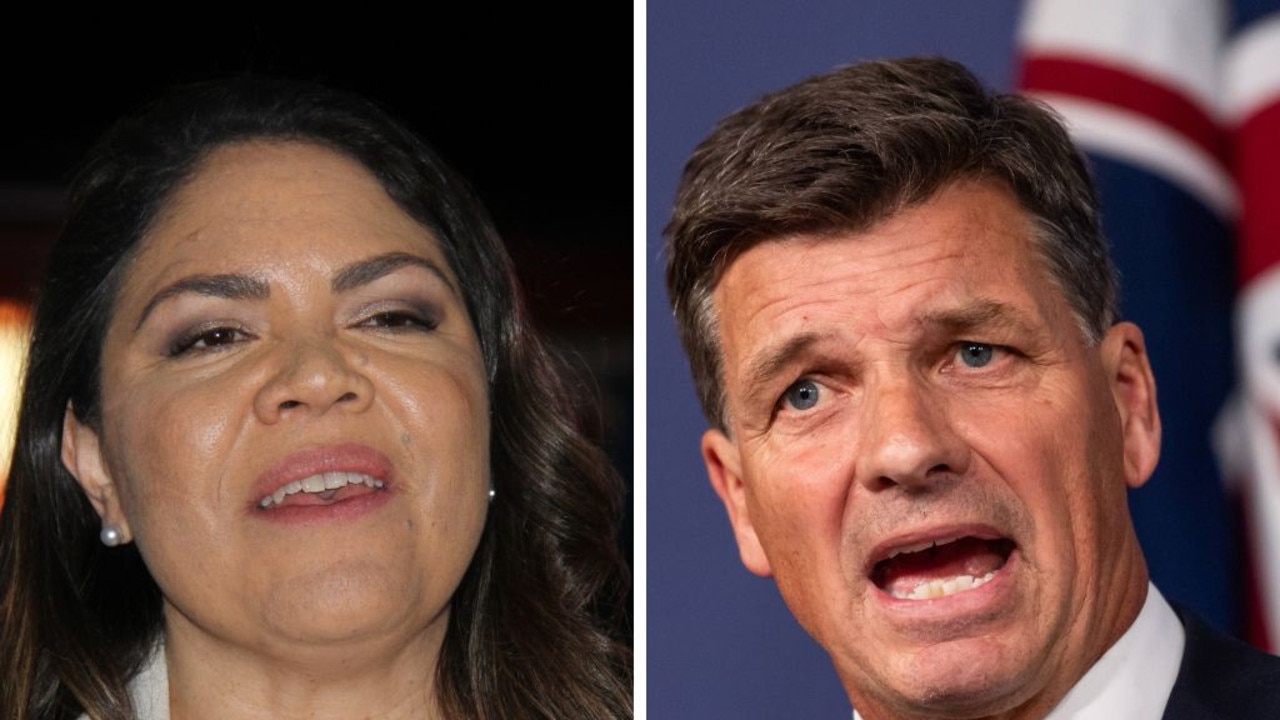Taxpayer to foot huge bill for retiring MPs
Seven MPs who are retiring at this election will immediately qualify for an extraordinarily generous annual pension. Here’s who is stepping down – and what they will cost us.

Federal Election
Don't miss out on the headlines from Federal Election. Followed categories will be added to My News.
Paul Keating once famously observed that all politicians “get taken out in a box” but
for seven longstanding parliamentarians standing down at this election, that box will be gold-plated, costing the Aussie taxpayer at least $1 million per year.
Three retiring Liberal MPs (Greg Hunt, Kevin Andrews and Tony Smith) and four from Labor (Warren Snowdon, Joel Fitzgibbon, Anthony Byrne and Kim Carr) are all expected to qualify for the extraordinarily generous pension for life available to federal politicians who entered parliament before 2004.
Under the scheme, politicians who have served 18 years or more in parliament – and that’s all seven of the men named above – qualify for an annual pension that is worth 75 per cent of a current MP’s minimum yearly salary. With backbenchers currently earning $211,250 per year, that puts the “retiring allowance” at just over $158,000 – or more than $1.1 million per year for all seven.
But all seven MPs have also been ministers, parliamentary secretaries or parliamentary office holders (Smith was Speaker of the House for six years), which means they will also receive retiring allowances for those additional roles. The extra cream on top accrues at the rate of 6.25 per cent of the salary the MPs earnt for doing those jobs, for each year they held that particular office.
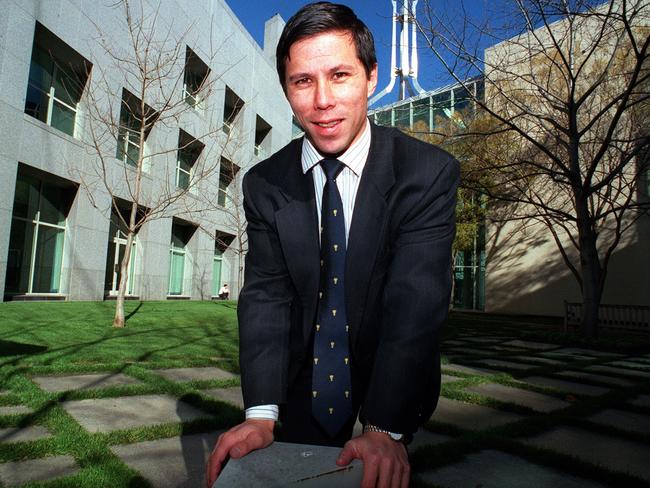
Parliamentarians have to be aged 55 or over to receive the retiring allowance, which all of them are – although Smith only just squeaks in, having turned 55 back in March. The 55 age rule was introduced back in 2001, after retiring Nationals Senator Bill O’Chee became eligible for a generous post-parliamentary annual pension following nine years in the Senate. He was 34 when he left parliament.
Although Malcolm Turnbull axed the notorious “Life Gold Pass” for the travel expenses of former MPs back in 2017, the entitlements given to the “pre 2004” parliamentarians continues to be a contentious issue in Australian politics.
Even after Hunt, Andrews, Smith, Fitzgibbon, Snowdon, Byrne and Carr depart parliament, there will still be five Senators and ten members of the House of Representatives who will one day qualify for the “pension for life” scheme, simply because they first entered parliament prior to 2004.
The Senators include Pauline Hanson (parliamentary class of 1996), Marise Payne (1997) and Penny Wong (2001), while the lower house MPs include Anthony Albanese (1996), Peter Dutton (2001) and Sussan Ley (2001).
This year’s federal election will see two of our longest-serving parliamentarians bowing out of federal politics, with Kevin Andrews and Warren Snowdon both retiring.
If he retains the seat of Kennedy this May, Bob Katter will become Australia’s longest-standing federal MP, having entered parliament in 1993.
Here are the other pollies who are stepping out of the arena in 2022.
COALITION MEMBERS
Christian Porter
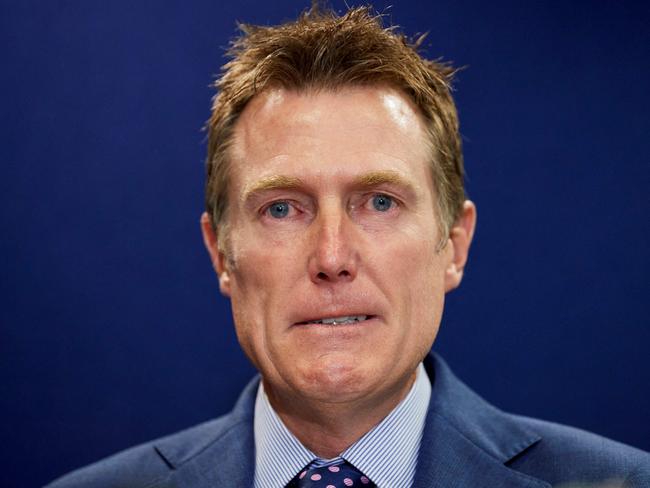
No recent departure from federal politics has divided opinions more than that of Christian Porter.
The beginning of the end for the former Attorney-General came in March 2021, when he fronted a media conference to identify himself as the previously unnamed federal MP accused of raping a 17 year old girl during a youth debating event in Sydney in 1988. Porter forcefully denied the accusations, including that he had any sexual contact with the woman. Identified only as Kate, the woman who made the accusations committed suicide in mid 2020.
Porter moved to the Industry Science and Technology portfolio, and launched defamation proceedings against the ABC, which first broadcast allegations against him. The proceedings were settled with the ABC contributing $100,000 towards his legal fees. But questions over who donated to his legal defence via a blind trust soon snowballed into a political scandal in its own right. Porter insisted he did not know who the donors were.
The 52 year old announced his intention to quit politics in December. It was the end of a stellar political career for a man many had previously considered a future prime minister. Porter entered WA state parliament in 2008 and became state treasurer in 2012, before jumping to the federal seat of Pearce in 2013.
Greg Hunt
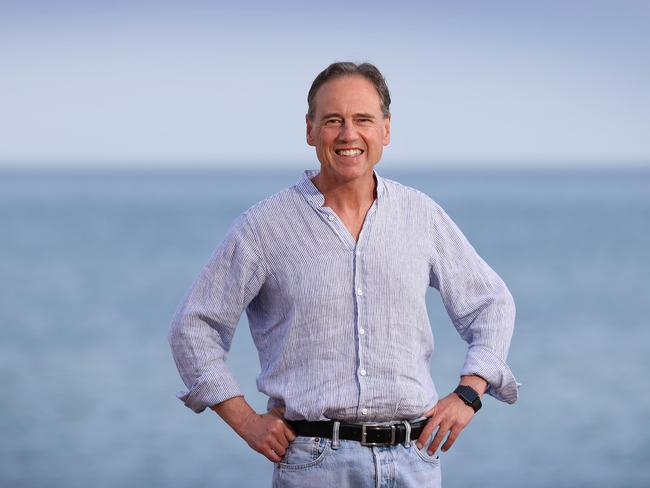
Without doubt, Greg Hunt’s last few years in politics have been his most challenging. As Health Minister since 2017, he has been party to the toughest and most unprecedented decisions ever taken by an Australian government, thanks to Covid-19. While the government won early plaudits for keeping Australians safe as the pandemic raged overseas, the praise turned to brickbats as criticisms mounted over perceived deficiencies in the government response, especially when it came to the slow acquisition of Covid-19 vaccines, and low stocks of rapid antigen tests.
While his role in the Covid-19 pandemic was his most important political contribution, Hunt will also be remembered for his role in axing the Gillard’s government’s Climate Commission and carbon pricing scheme when he was Environment Minister. He also made a failed bid for the deputy leadership of the Liberal party in 2018, winning a paltry 16 votes.
Announcing his intention to quit politics, Hunt expressed his desire that the next candidate for the Liberal stronghold of Flinders be female. (The seat has never been represented by a woman.) Hunt got his wish with the preselection of former NBN director Zoe McKenzie.
Nicolle Flint
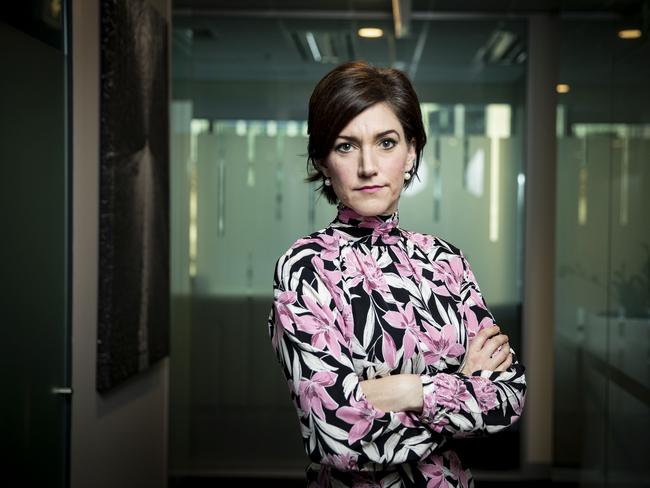
The 43 year old MP for the seat of Boothby in South Australia is quitting parliament after just two terms. The government’s deputy whip will likely be remembered most for the warnings she gave about the increased harassment politicians face on the campaign trail. During the 2019 election campaign Flint alleged she was stalked and harassed by the activist group Get Up!, while her office was sprayed with offensive, sexist graffiti on multiple occasions.
Others said Flint was being driven to resign because of the harassment, prompting a wider public debate about civility and respect in politics, and the burdens placed on elected representatives. Formerly a Liberal stronghold, her seat of Boothby is now considered a marginal seat, and will be the arena for a fierce tree-way contest in May.
George Christensen
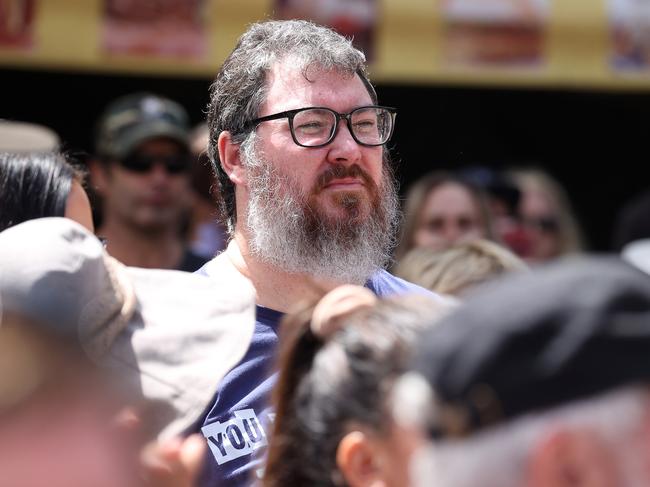
It has been a colourful 12 years in parliament for Liberal National MP George Christensen. Famously dubbed “The Member for Manila” after it was revealed how much personal time he spent in The Philippines (where he met his wife), the 43 year old maverick conservative has attracted attention and criticism for his fringe views, including advising parents not to vaccinate their children against Covid-19, and for promoting discredited theories that Donald Trump was the rightful winner of the 2020 US Presidential election.
Whatever one may think of his views, his own electoral success was never in doubt, winning the seat of Dawson by convincing margins at every election since 2010. In 2019 he received 64 per cent of the two-party-preferred vote – an astonishing result for any politician.
Kevin Andrews
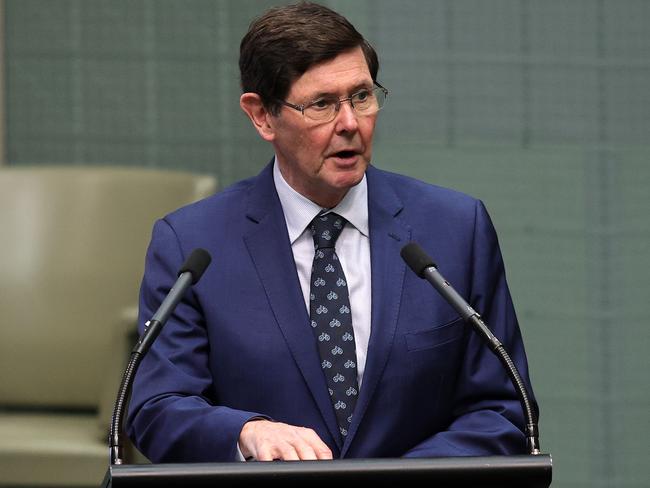
Although Labor’s Warren Snowdon has a slightly greater total period of parliamentary service, Kevin Andrews is the longest continuously serving MP in the House of Representatives, having represented the Victorian seat of Menzies since 1991. A staunch conservative from a blue ribbon seat, Andrews has been a vocal critic on social issues such as abortion and gay law reform, including same-sex marriage. He served in a number of senior ministries, including Immigration and Citizenship under John Howard, and Social Services and later Defence under Tony Abbott. But since the ascension of Malcolm Turnbull in the 2015 Liberal leadership spill, Andrews has been on the political outer, and he was easily beaten by Julie Bishop when he challenged her for the deputy leadership.
A greater indignity came in January 2021, when Andrews lost preselection for the seat of Menzies to barrister Keith Wolahan.
John Alexander
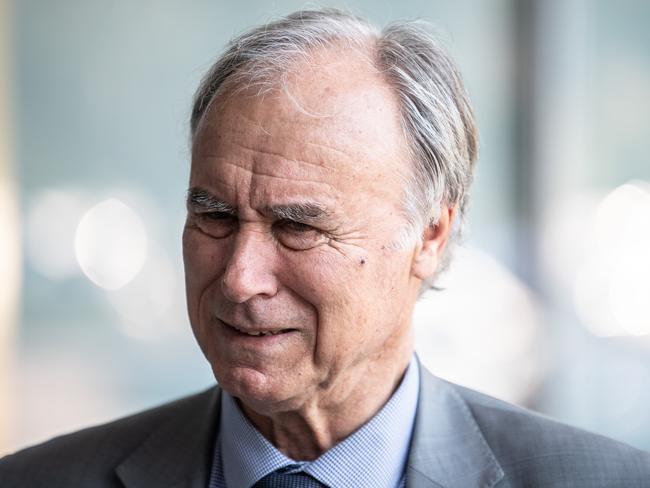
John Alexander was revered by Liberals for winning back the seat of Bennelong in 2010 (after Maxine McKew snatched it from John Howard in 2007). But the former tennis ace will leave parliament as less of a Coalition darling, having criticised Scott Morrison and the direction of the government in a newspaper profile in late 2021.
The 70 year old will also be remembered as one of the sitting MPs caught up in the parliamentary eligibility crisis in 2017, when it was revealed he also held British citizenship. Alexander resigned from parliament, revoked his UK citizenship and re-won the seat in a bruising battle against Labor’s candidate Kristina Keneally.
Andrew Laming
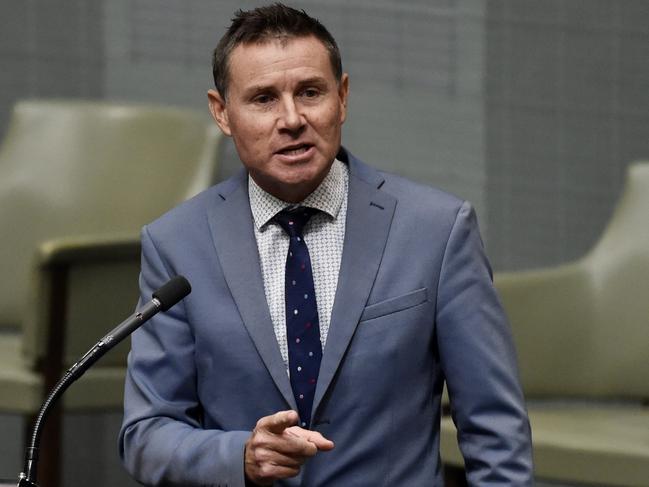
The former surgeon has spent his political career on the backbench since he was first elected to parliament in 2004. For many Australians he will be remembered for reports he wrote colourful messages on Facebook. Dr Laming was forced to undergo “empathy training” by the Prime Minister after his behaviour came to national attention, and he was later disendorsed by the Liberal/National party. He also revealed he had been diagnosed with Attention Deficit Hyperactivity Disorder (ADHD) and that medication for it had changed his life. Dr Laming’s seat of Bowman will be contested by Henry Pike for the LNP in the election.
Tony Smith
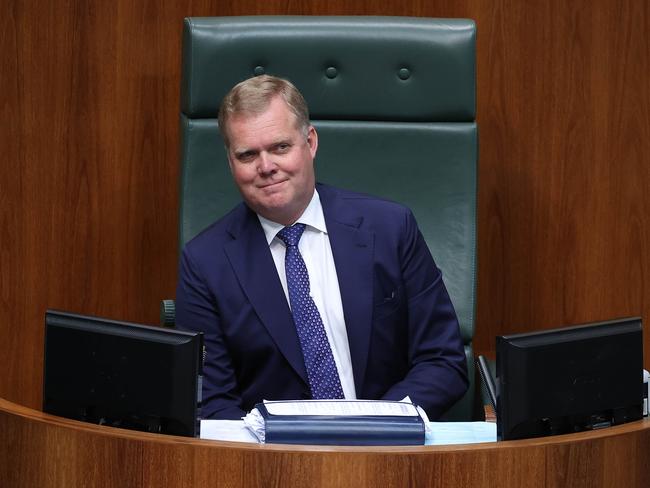
Fifty-five-year-old Smith has spent more than 20 years in federal parliament as the MP for Casey, but he will be remembered primarily for his six years as Speaker of the House of Representatives, where he built a reputation for fairness, even delivering a rebuke to the prime minister from time to time. He has served as a backbench MP since November.
Steve Irons
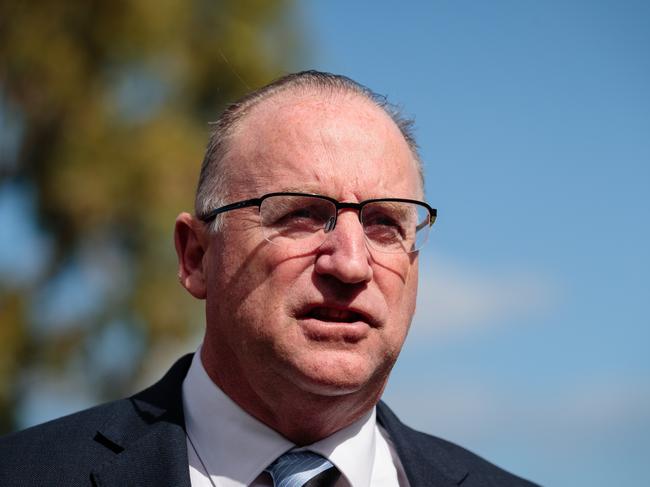
As with the division of Flinders in Victoria, the resignation of sitting member Steve Irons in the seat of Swan opens up the possibility of it being represented by a woman for the first time ever – if the Liberals can hang on to it.
Elected to parliament in the ‘Ruddslide’ election of 2007 (Swan was one of few seats Labor lost to the Liberals in that election), former footballer Irons went on to be Assistant Minister to the Prime Minister and later Assistant Minister to the Minister for Vocational Education and Skills.
Irons had initially indicated his intention to recontest the seat of Swan, but withdrew his nomination after Sky News commentator Kristy McSweeney nominated herself for preselection.
Ken O’Dowd
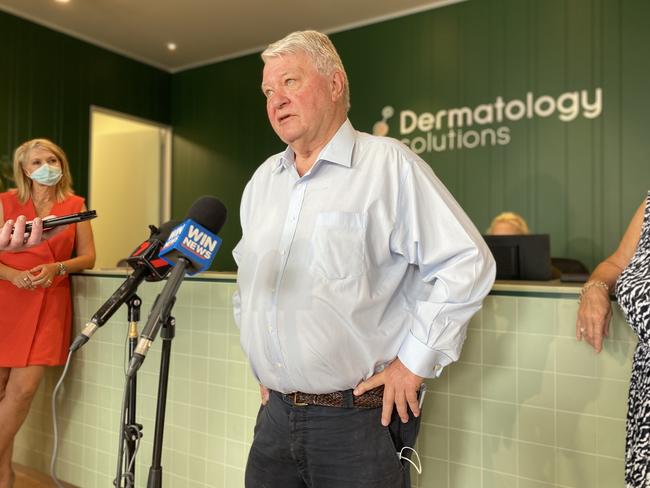
Representing the central Queensland seat of Flynn since 2010, O’Dowd’s resignation has been a long time coming: he announced he would not be contesting the seat as far back as November 2020.
A supporter of Nationals leader Barnaby Joyce, the 72 year old O’Dowd was also an ardent supporter of traditional energy industries, calling for the government to fund its own coal-fired power station, and pushing for mining and agriculture to be exempted from any move towards net zero.
Damian Drum
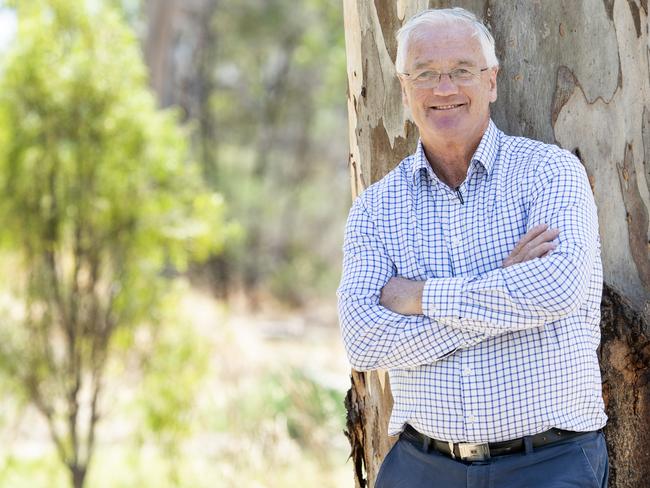
It’s been a short career in federal politics for Damian Drum, although it was preceded by 14 years in the Victorian parliament. The former AFL footballer and coach won the seat of Murray in 2016, and then, after it was abolished in a redistribution, won the seat of Nicholls in 2019.
LABOR MEMBERS
Joel Fitzgibbon
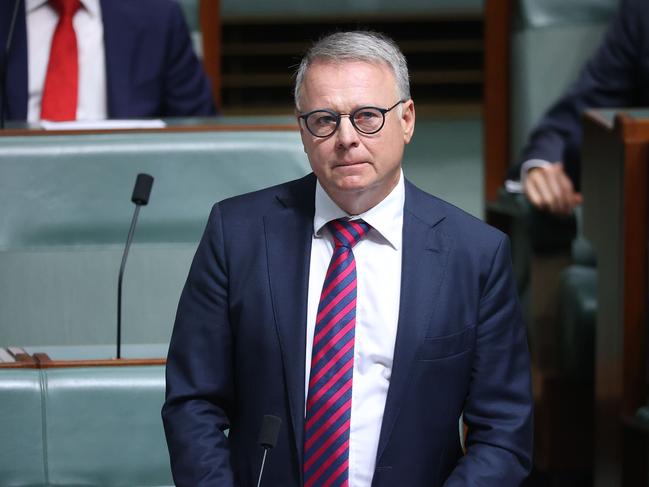
Joel Fitzgibbon’s departure from the federal parliament not only marks the end of his political career – he has been the MP for the seat of Hunter since 1996 – but also the end of a political dynasty. Joel’s father Eric preceded him as MP for Hunter between 1984 and 1996.
Fitzgibbon was a Labor insider for many years – chummy with then leader Mark Latham in the early 2000s, and later Minister for Defence under Kevin Rudd and Chief Government Whip under Julia Gillard. But Fitzgibbon sensationally broke ranks with Labor orthodoxy after the 2019 election, in which he suffered a 9.5 per cent swing against him. Fitzgibbon said overly ambitious and “delusional” climate policies had pushed Labor away from working class Australians.
Warren Snowdon
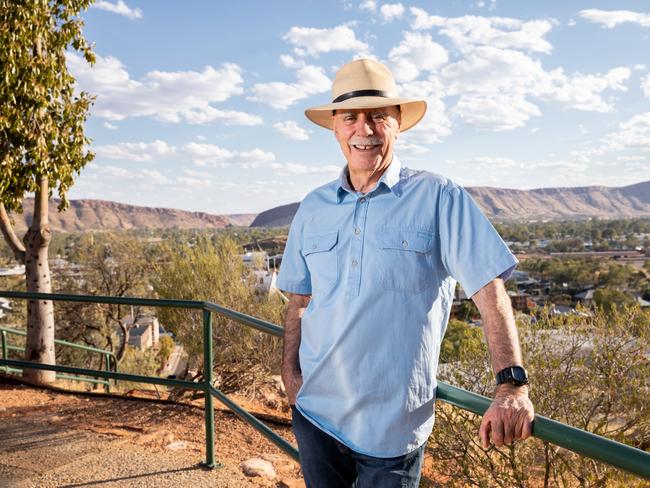
With a parliamentary career stretching back to the Hawke government, 72-year-old Snowdon first entered parliament as the MP for the Northern Territory in 1987. He lost the seat in the Howard landslide of 1996, but was back in parliament in 1998, eventually shifting to the division of Lingiari when it was created in 2001.
Snowdon held a number of ministerial portfolios in the Rudd and Gillard governments, including Minister for Indigenous Health, Minister for ANZAC Celebrations and Minister for Veterans’ Affairs.
Like Liberal MP Ken O’Dowd, Snowdon had communicated his intention to retire long ago, announcing the decision in December 2020.
Snowdon will be remembered for one quirky episode in Australian political history – he was with Kevin Rudd in New York in 2007 when the future prime minister infamously visited a strip club.
Kim Carr

A Senator since the Keating era of Australian politics, Kim Carr entered parliament in 1993. He served in a number of ministries under Kevin Rudd and Julia Gillard, with a particular bent towards science and technology, and he developed a reputation for being a dogged questioner of public servants called before parliamentary committees. He was also renowned as powerbroker within Labor.
Carr only announced his intention to resign in March, saying that at 66 years of age, health issues were making continuing on “inadvisable”. He also said the recent example of fellow Victorian Labor Senator Kimberley Kitching – who died of a heart attack aged 52 – had helped prompt his decision to retire.
Julie Owens
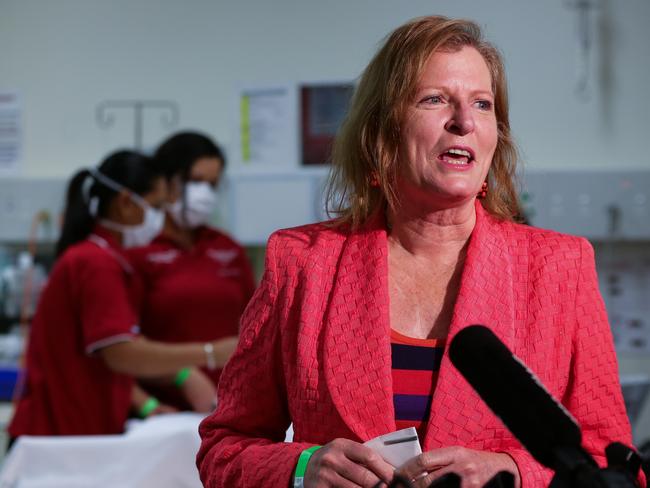
Former record industry executive Julie Owens has had swings to her and swings away from her, but she has held the seat of Parramatta for Labor since 2004. The 63 year old announced her resignation last October, saying she was nearing retirement age, but there are concerns her departure could make the seat vulnerable for Labor. Andrew Charlton, a former economics Adviser to Kevin Rudd, has been touted as the favourite to replace Owens, but others have criticised him for being an outsider who does not reflect the cultural makeup of Sydney’s western suburbs.
Chris Hayes
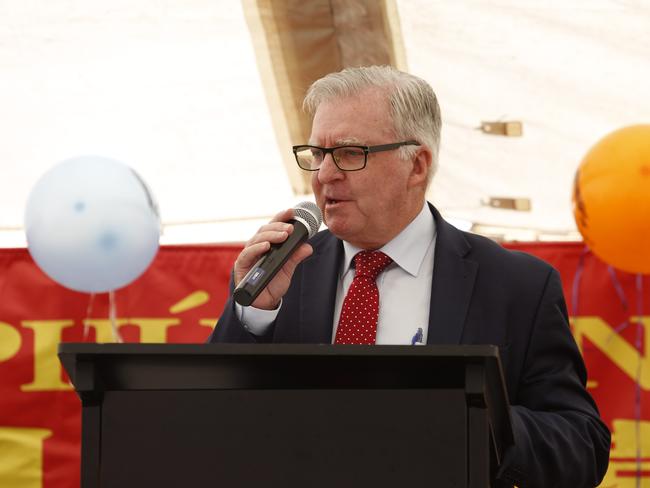
Elected as the MP for Werriwa at a by-election prompted by the sudden resignation of Labor leader Mark Latham in 2005, Hayes moved to the neighbouring seat of Fowler at the 2010 election, which he has held ever since. The social conservative made headlines when he suffered a medical episode while delivering a speech in Parliament House in 2021. He identified health issues as part of his reason for quitting politics.
Anthony Byrne
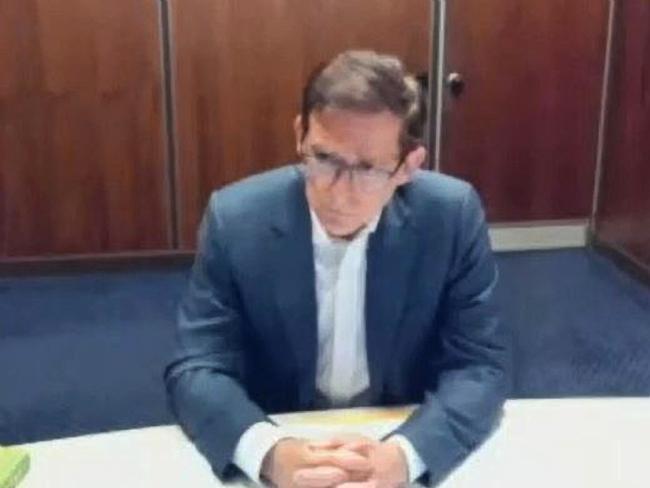
One of parliament’s longer-serving Members – he has represented the Victorian electorate of Holt since a 1999 by-election – Byrne has never been a Minister, although he was Parliamentary Secretary to the Prime Minister when Kevin Rudd was in the top job. Last year Byrne told Victoria’s Independent Broad-based Anti-corruption Commission he had personally engaged in branch-stacking activities.
Nick Champion
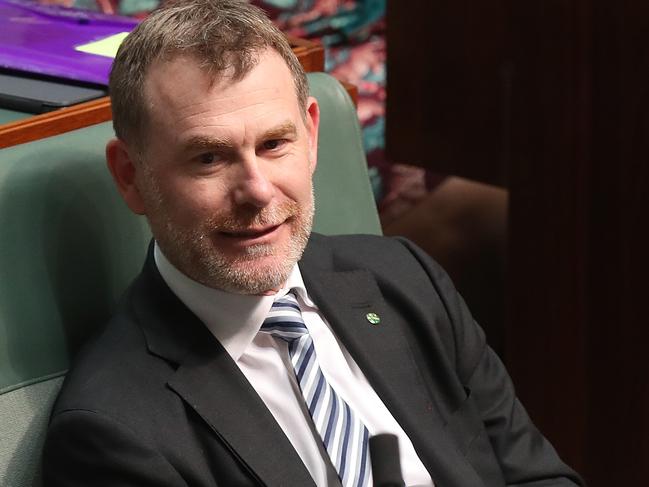
Nick Champion’s federal parliamentary career may be over, but his South Australian state parliamentary career is just beginning, having won the seat of Taylor in the March 2022 election. Federally, Champion represented the electorate of Wakefield from 2007 until it was abolished in 2019, and the electorate of Spence in the most recent parliamentary term.
Sharon Bird
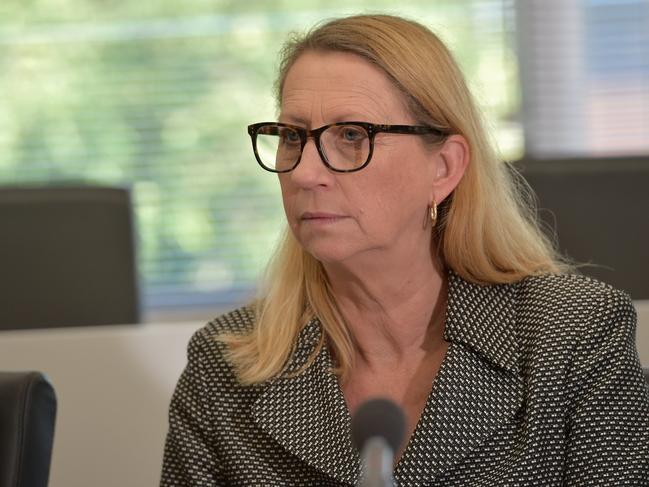
Sharon Bird wrested the southern NSW seat of Cunningham from the Greens in 2004, and has held it for Labor ever since. She might also hold the invidious distinction of having one of the briefest ministerial tenures in Australian federal political history, as Minister for Higher Education and Skills for a little over three months under Julia Gillard in 2013, and as Minister for Road Safety and Regional Communications for a little over two and a half months under Kevin Rudd before the 2013 federal election. Bird’s former staffer Alison Byrnes will contest Cunningham for Labor in May.
More Coverage
Originally published as Taxpayer to foot huge bill for retiring MPs




